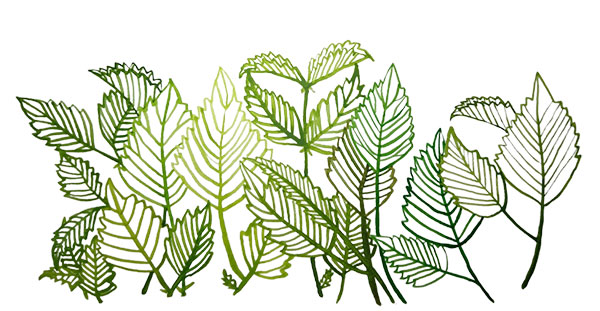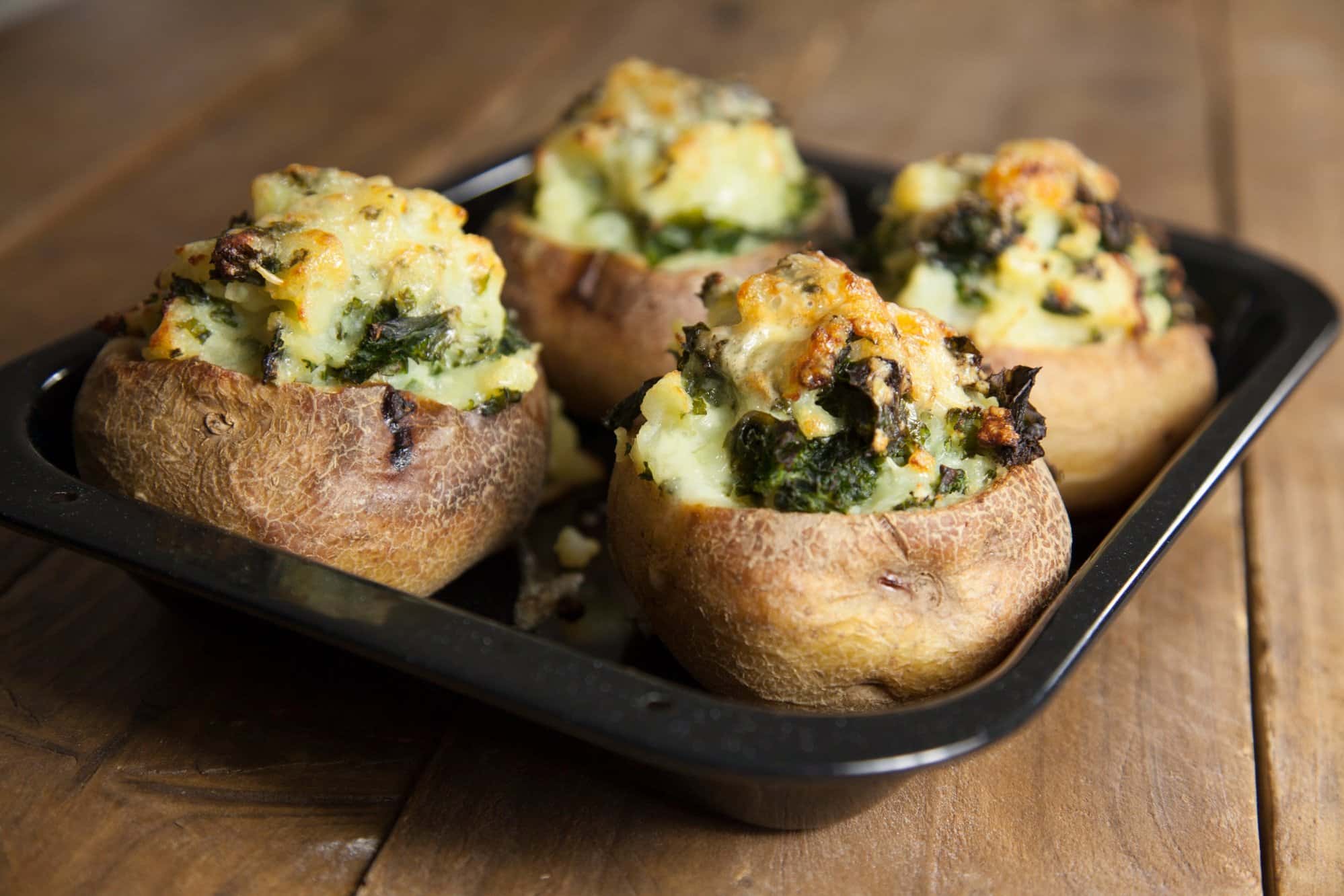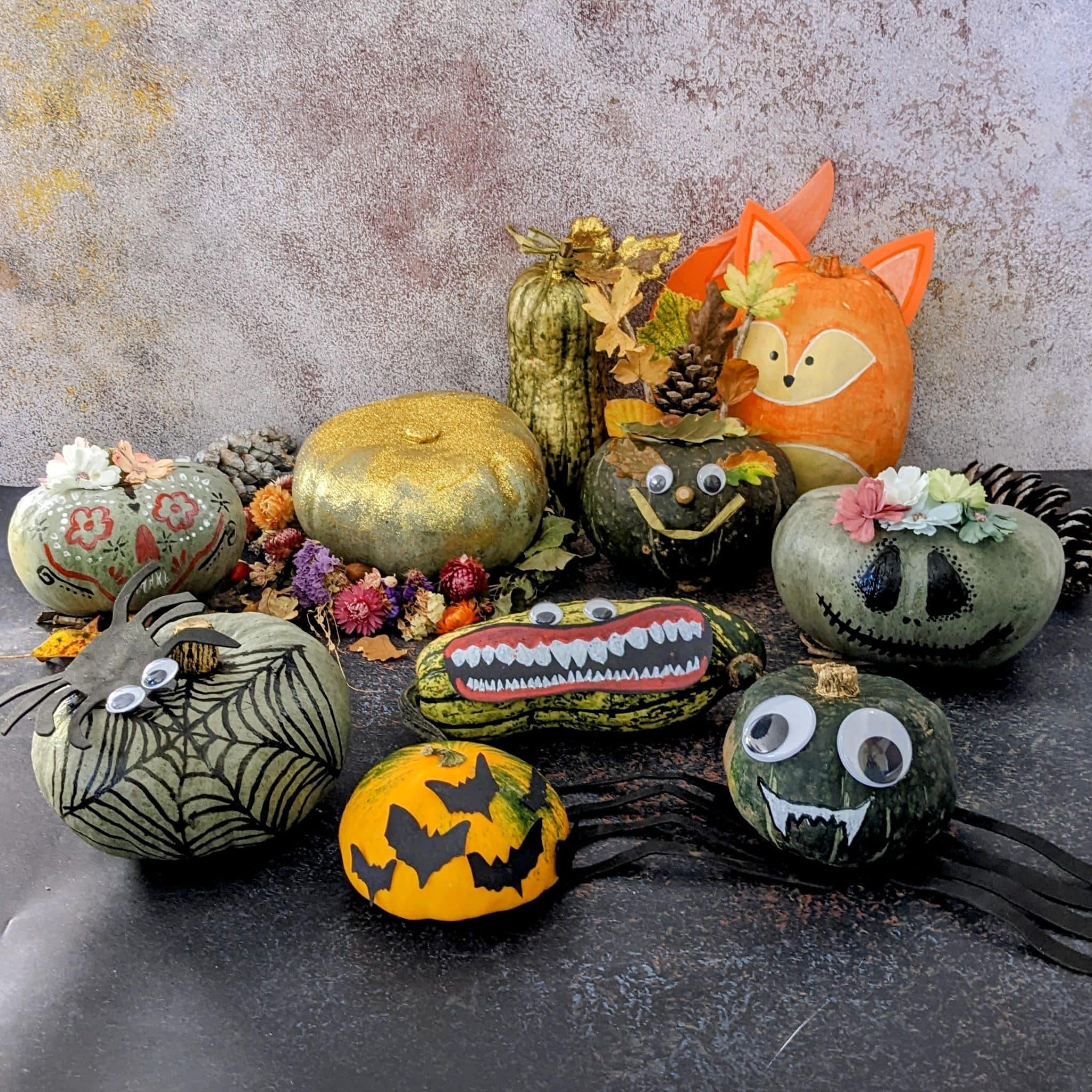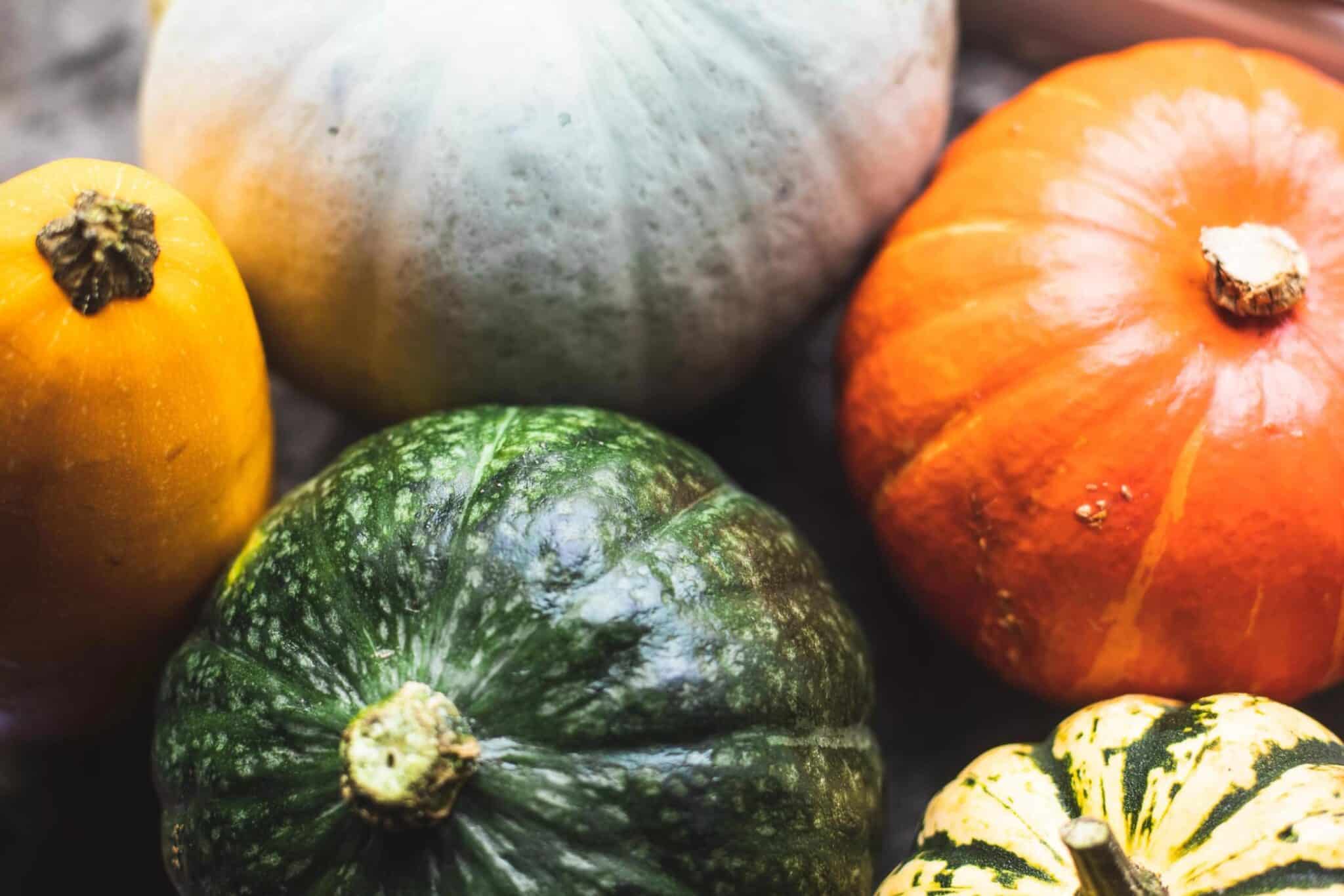Spring cleaning is so needed after the more enclosed, indoor lifestyle of colder months, cocooned from the elements. We want to fling open doors and windows and have a clean sweep, getting rid of any clutter, as nature stirs with the returning warmth and increasing daylight. We tend to feel much better for a cleaner, clearer house, but what about our lifelong home – our bodies?
The concept of doing a ‘detox’ has grown ever more popular, generally done as short-term dietary interventions designed to eliminate toxins. The British Dietetic Association calls detoxing a ‘marketing myth’, yet detox products are more popular than ever, and superfoods from around the globe are touted as the latest big thing to feed this demand.
Although it is hotly debated whether detoxification is of real benefit, we certainly do expect a huge amount from ourselves physically at a constant pace, without always listening to what we need to support wellbeing, or focusing on whether we are eating the right fuel for our body each season.
Conclusive contemporary research on detox diets is lacking, but the roots of detoxing go back way further than you may think. I asked Kazz Lawton, co-founder of medical herbalism duo The Seed Sistas, whether the idea of cleansing our systems with plants holds water.
“Traditionally people have undertaken cleanses as a good clear-out at various times of the year; the change of seasons brings an opportunity to take stock and re-evaluate,” she explains, sharing that it is a worldwide ancient practice, with core aims and meaning that go much deeper. “The idea of cleansing the body comes up in fasting, mud treatments, purging, heat treatments like saunas and sweat lodges. What we are using the word ‘detox’ to mean is supporting the body with transportation and excretory systems, to promote optimal functioning of the body and all the organs.”

Lawton’s view of detoxing is very different to the popularised version, where it is seen as a quick fix to get into smaller clothing or prepare for a holiday. A trained medical herbalist who has worked with clients for over two decades, she has seen the positive effects of cleansing in terms of supporting nutrition and digestion, which she calls the foundations of health.
Instead of some rapid, radical detox, in the cleansing process there is a gentler lead-in before more specific herbs are used to address any health condition. It is a much more sustained approach, which looks at the rhythm of the year as a whole, using herbs to support what our bodies need, rather than suddenly doing an isolated pre-summer juice fast.
“If you are looking at once a year and then returning to the same diet for the other 11 and a half months, then the body will be shocked into the detox and there can be a damaging knock-on effect, putting strain on the body,” she says. “We say that detoxing for long enough (around three weeks) helps to embed the good habits and takes aspects into your day-to-day living, giving year-round boost to health and the system.”

So could a more seasonal approach, where we connect with the herbs growing at each time of year, help our health and wellbeing? Lawton feels it definitely can.
“Naturally following the plant cycles of the year, the fresh green growth of spring is perfect for aiding the body in supporting the organs of elimination like the kidneys, liver, and also the lymph. They are so high in minerals at this time; the whole body can become refreshed and invigorated by the greens of spring,” she says.
We can use plants and resources that are growing now to bring us back into harmony with the season. A free, feelgood activity that can connect us with this active phase of the year is foraging for simple herbs that can be used in cold infusions, teas, salads, and soups.
“Nourishing the body in spring is something the whole family can do through using spring green herbs in your daily meals. After a long winter of root vegetables and hibernation, boosting nutrients from nature’s harvest is a great way to gear up for the energetic sunny months ahead,” says Lawton.
Seasonality is a key component of wellbeing that can nourish us physically and emotionally. We are given the opportunity each year to clear out the old, replenish our energy, and start anew; nature gives us an invitation to create space for that when we see the green shoots of spring.
Springtime herbal helpers
Enjoy three springtime herbal helpers from The Seed Sistas’ Sensory Herbal Handbook:
Chickweed
One of the more nutrient-dense ‘weeds’ readily available, containing generous amounts of minerals, vitamins, and gamma-linolenic acid (GLA), an omega-6 fatty acid. It can also be chopped and added to salads, or juiced with celery, dandelion leaves, nettle, and a bit of apple or pear for a great morning drink.
Dandelion leaves
Eaten lightly steamed, raw in a salad, or made into pesto, they are an excellent source of essential vitamins and minerals, and their bitter taste does wonders for improving the digestion: the perfect detox leafy veg.
Nettle leaf tips
Nettle is a nutrient-rich source of iron and other minerals and makes a delicious nutritious spring soup. A great addition to any spring herbal tea, it is a native superfood; full of uplifting nutrients, anti-inflammatory nettle has also been known to relieve hay fever symptoms.
SAFETY NOTE
It is important to be 100 per cent sure that you are identifying the correct plant before you ingest anything – get a few good books and join both online and real-time foraging groups. As with all medicinal herbs, seek the advice of a qualified medical herbalist if you are pregnant, or have existing health conditions.
Illustrations by Becky Blench, who is also a nature-inspired artist and illustrator.
This piece was originally published in the spring print edition of Wicked Leeks. You can read the full magazine for free on Issuu.















0 Comments